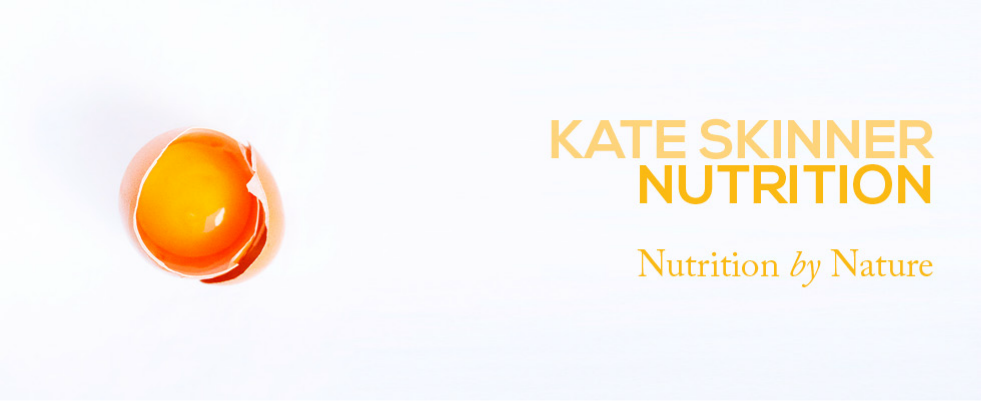Ever heard that you should cut out things like pâté, ham, smoked fish and bacon because they’re high in “cancer-causing” nitrates and nitrites?
Folic acid vs. natural folate: what you should know about fortified foods and vitamin supplements10/03/2012 Folic acid has gained a lot of negative press in the past for potentially increasing the risk of cancer development, and more recently multivitamins in general were linked to an increase in all-cause mortality. The “drink more water” message is everywhere – water bottles are practically a fashion accessory – but when it comes to water, is more really… more? It’s quite shocking that polyunsaturated fats are still being touted as “healthy” fats, as the scientific literature clearly shows the damage caused by these types of fats in a multitude of both animal and human studies. Recommending the consumption of polyunsaturated oils for their ‘heart-healthy benefits’ is equivalent (or worse) than the old 20th century medical adage to prescribe smoking as a treatment for sufferers of chronic asthma (true). “Dietary salt restriction has become a cultural cliché, largely as a consequence of the belief that sodium causes edema and hypertension.” Ray Peat PhD As the incidence of obesity and other diet-related conditions such as heart disease, diabetes, metabolic syndrome and some forms of cancer have skyrocketed in Western developed countries in the last hundred years, it’s interesting to look back at how the main foods in our diets have changed during this same time period. I’m pretty well convinced that grains contribute nothing to our diet that can’t be found elsewhere – in the form of fruits and vegetables, meat, fish, fowl, eggs & dairy. That old and dusty hypothesis that dietary cholesterol causes a significant increase in blood cholesterol, thereby correlating with heart disease has long been put to rest. Many studies have confirmed that dietary cholesterol in fact has very little to do with cholesterol seen in the body, and that serum cholesterol levels may not be indicative of heart disease risk as once presumed1. Eggs, like most cholesterol-rich foods, are jam-packed with important nutrients, especially fat-soluble vitamins and essential fatty acids. Recently, there was a New York Times contest that asked people to submit a brief essay as to why it is ethical to eat meat, in response to the assumption that opting to forgo animal products is sacrifice made with an environmental objective. A quick Google search of the phrase “last 5-10 pounds” yields ~ 29 million, 600 thousand results. It seems that last 5-10 pounds are notoriously tough to lose and a source of frustration for millions of women. Do you cut calories/restrict carbohydrates/exercise excessively/fast intermittently/go hungry/slurp down cabbage soup? All of the above? |

